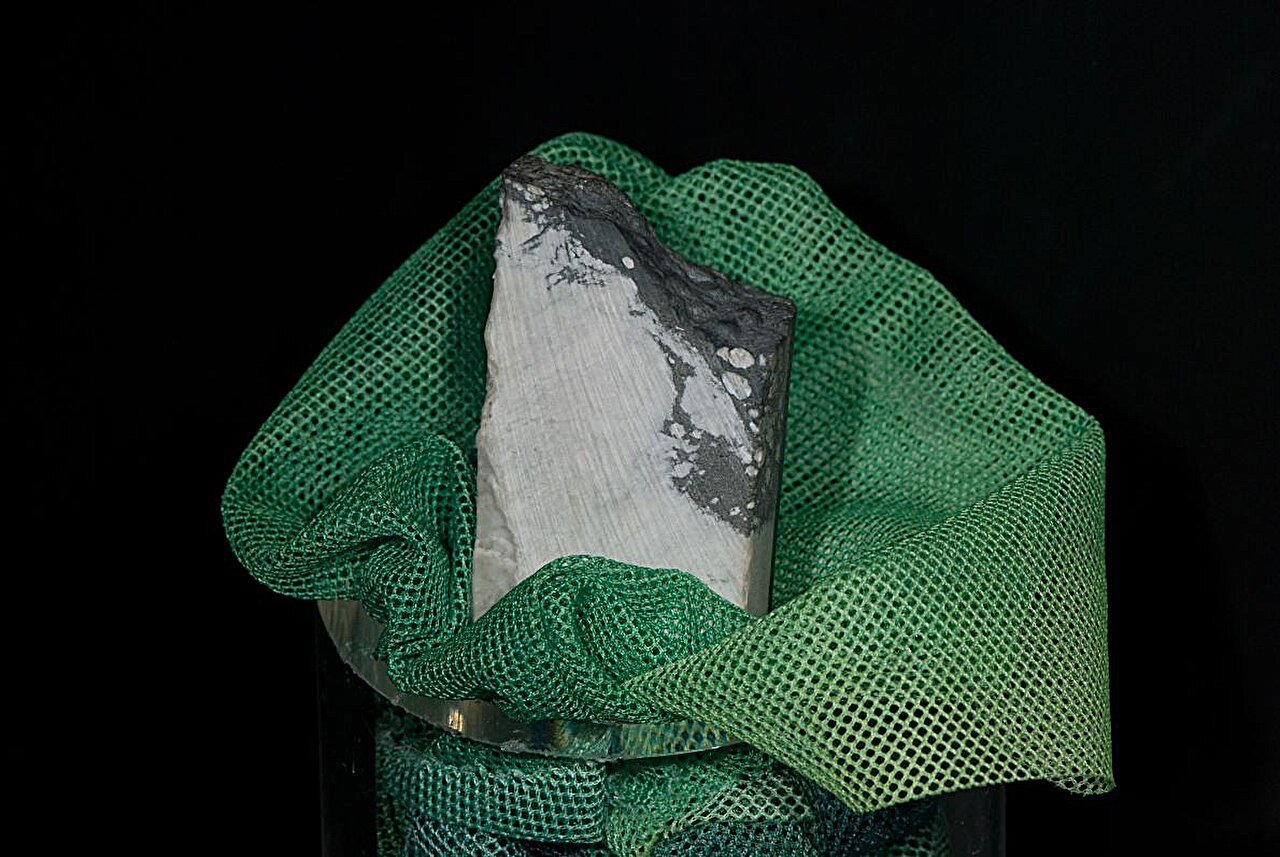Scientists from the Natural History Museum have detailed the formation process of jadarite, a rare lithium-bearing mineral found exclusively in Serbia’s Jadar Basin. This mineral has implications for the future of Europe’s renewable energy landscape due to its lithium content, which is essential for batteries used in electric vehicles and energy storage systems.
The research team discovered that jadarite forms under very specific geological conditions. It requires a precise combination of alkaline-rich lakes, lithium-rich volcanic glass, and the transformation of clay minerals into a rare crystalline structure. Dr. Francesco Putzolu, a co-author of the study published in Nature Geoscience, emphasized the meticulous nature of this mineral’s formation, comparing it to baking where exact measurements are critical. Deviations in acidity or temperature can prevent jadarite from forming entirely.
Dr. Robin Armstrong, another co-author, noted the growing demand for lithium as the world shifts towards renewable energy sources. He stated that understanding the formation conditions of jadarite could help identify new deposits of this valuable mineral. This research is vital, as lithium is a key component in the batteries that will power electric vehicles and help store renewable energy.
The findings not only shed light on the geological requirements for jadarite formation but also raise the possibility of discovering similar lithium deposits elsewhere on Earth. As the race for sustainable energy continues, jadarite could play a significant role in meeting the increasing demand for lithium, ultimately contributing to a greener energy future.




